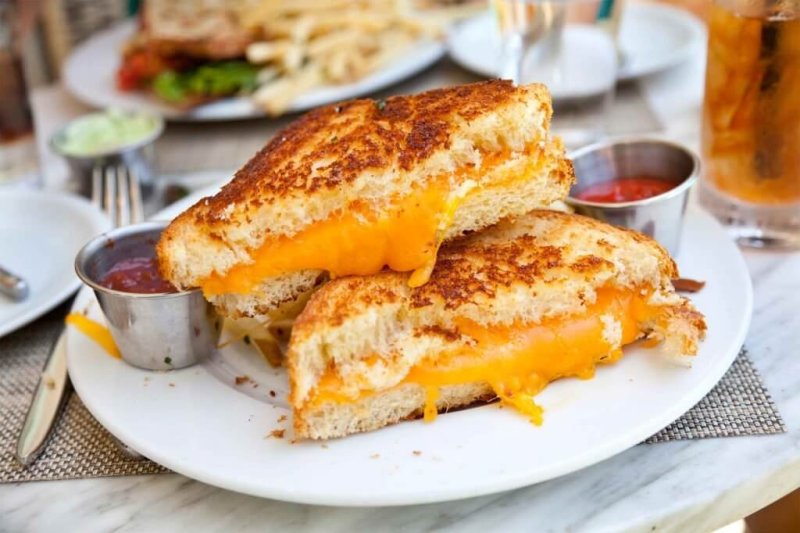Many believe that cravings are caused by low blood sugar, or that the body lacks certain other nutrients. In the vast majority of cases, however, cravings are due to an unconscious expectation of what is consumed in certain situations based on what we usually do.
Research shows that psychological strategies can reduce cravings or reduce the risk of eating something when you experience them. In this article, I will present some of these strategies.
…
Control-based strategies are about steering thoughts or attention somewhere else, or changing the content of thoughts so that the food is no longer so attractive.
An example of attention control is distraction; for example, playing Tetris on the phone for five minutes or solving word puzzles.
Attempts to change the content of thoughts have been tested by, for example, encouraging research participants to think about the negative consequences of eating, or by thinking of the food as ‘ruined’ (for example, by imagining that someone had sneezed on it).
…
Through training, you learn that thoughts and cravings are not something you need to escape from or change, but you also do not have to take them as truths that you simply must act on.































